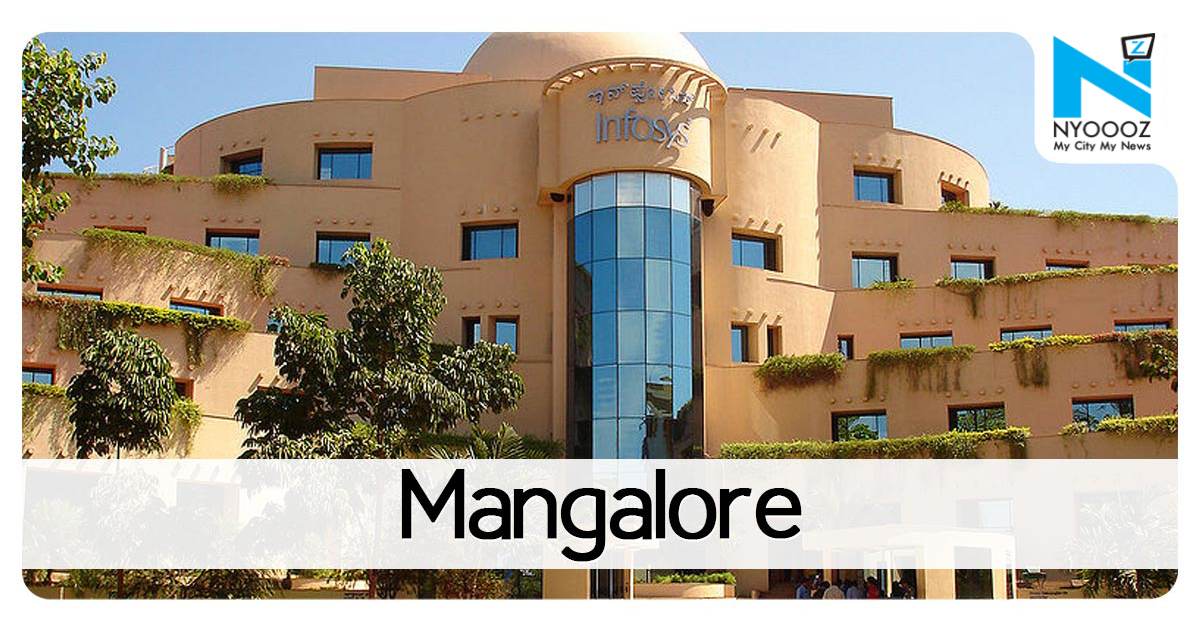‘Manipal Dialogue’ launched with talk on India’s foreign policy
- | Monday | 18th September, 2017

The lecture focussed on the emerging dimensions of India’s foreign policy orientations aimed at creating a conducive external environment for India’s development. The Manipal University on Friday launched “Manipal Dialogue” as a prelude to the silver jubilee celebrations of the university, next year. The fundamental goals and objectives of India’s foreign policy were discussed in a comprehensive manner. The end of the Cold War provided geopolitical impetus to India to realign its foreign policy priorities and interests in a multi-polar international system. Countries across the spectrum in international relations mould their foreign policies based on a cost-benefit analysis of their core interests and this fact should be the primary determinant of India’s foreign policy towards other countries, he said.

If You Like This Story, Support NYOOOZ
Your support to NYOOOZ will help us to continue create and publish news for and from smaller cities, which also need equal voice as much as citizens living in bigger cities have through mainstream media organizations.
Stay updated with all the Latest Mangalore headlines here. For more exclusive & live news updates from all around India, stay connected with NYOOOZ.









